Michael Cohen asked the Supreme Court to revive his lawsuit. He targets Trump and administration officials for alleged retaliation.
Cohen claims they punished him for criticizing the former president. The Supreme Court receives about 7,000-8,000 petitions annually but only hears 80 cases on average.
Former Trump Lawyer’s Legal Troubles
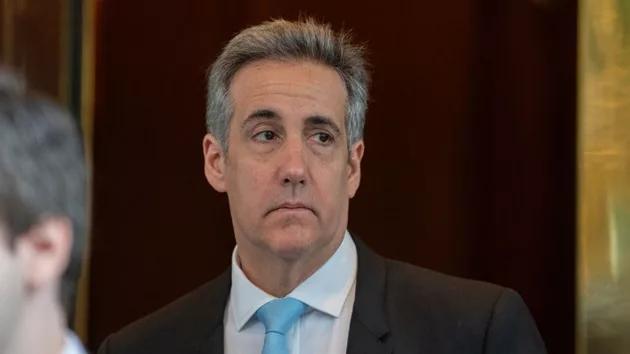
Cohen served time for various federal crimes. A Manhattan judge sentenced him to three years in 2018.
His crimes included campaign finance violations and tax evasion. Cohen’s sentence was part of 2,807 campaign finance convictions between 2007 and 2017.
COVID-19 Impacts Prison Sentence
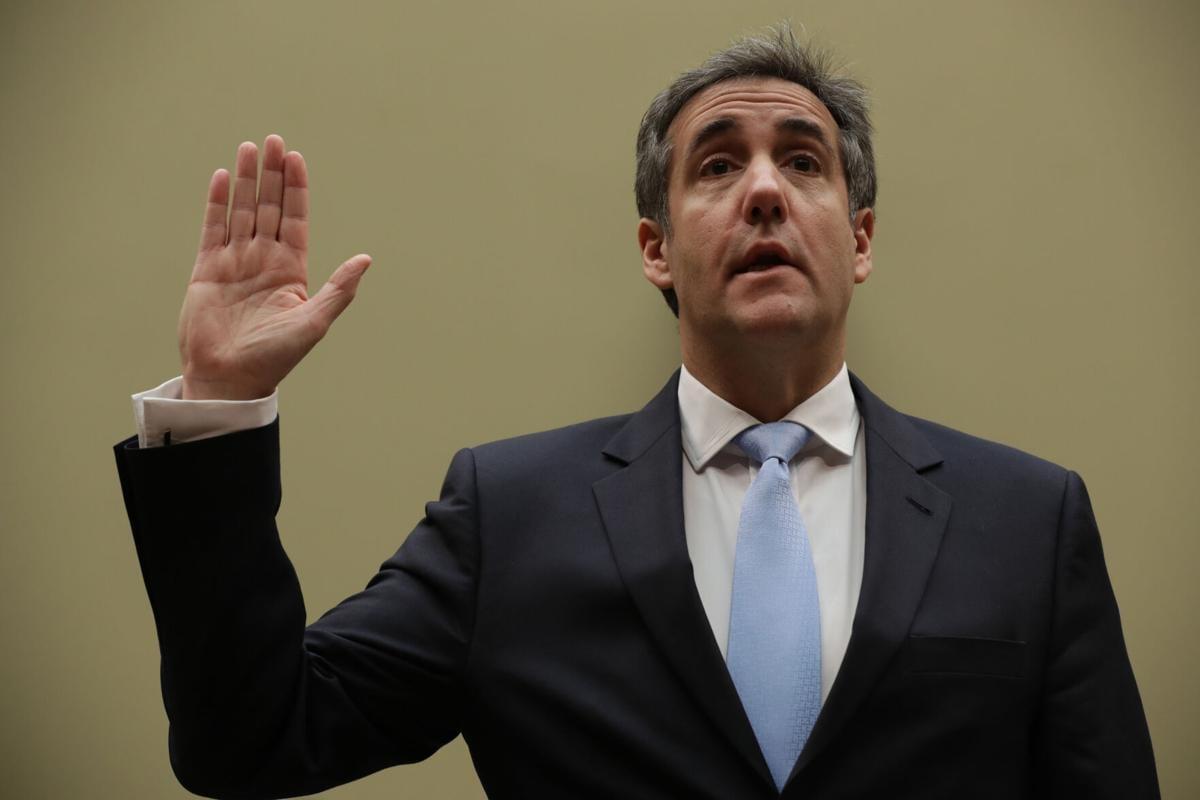
The pandemic led to Cohen’s initial release. He moved to home confinement during this period.
About 24,000 federal inmates were released to home confinement due to COVID-19. The Bureau of Prisons reported a 10% reduction in its population during the pandemic.
Book Criticism Sparks Controversy
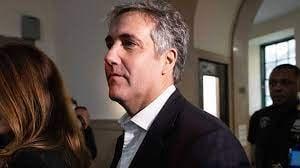
Cohen began writing a book critical of Trump. Officials required him to waive his right to criticize the president.
This condition led to Cohen’s return to prison. Trump’s presidency saw 20 books written by former staffers or associates.
Judge Intervenes in Confinement
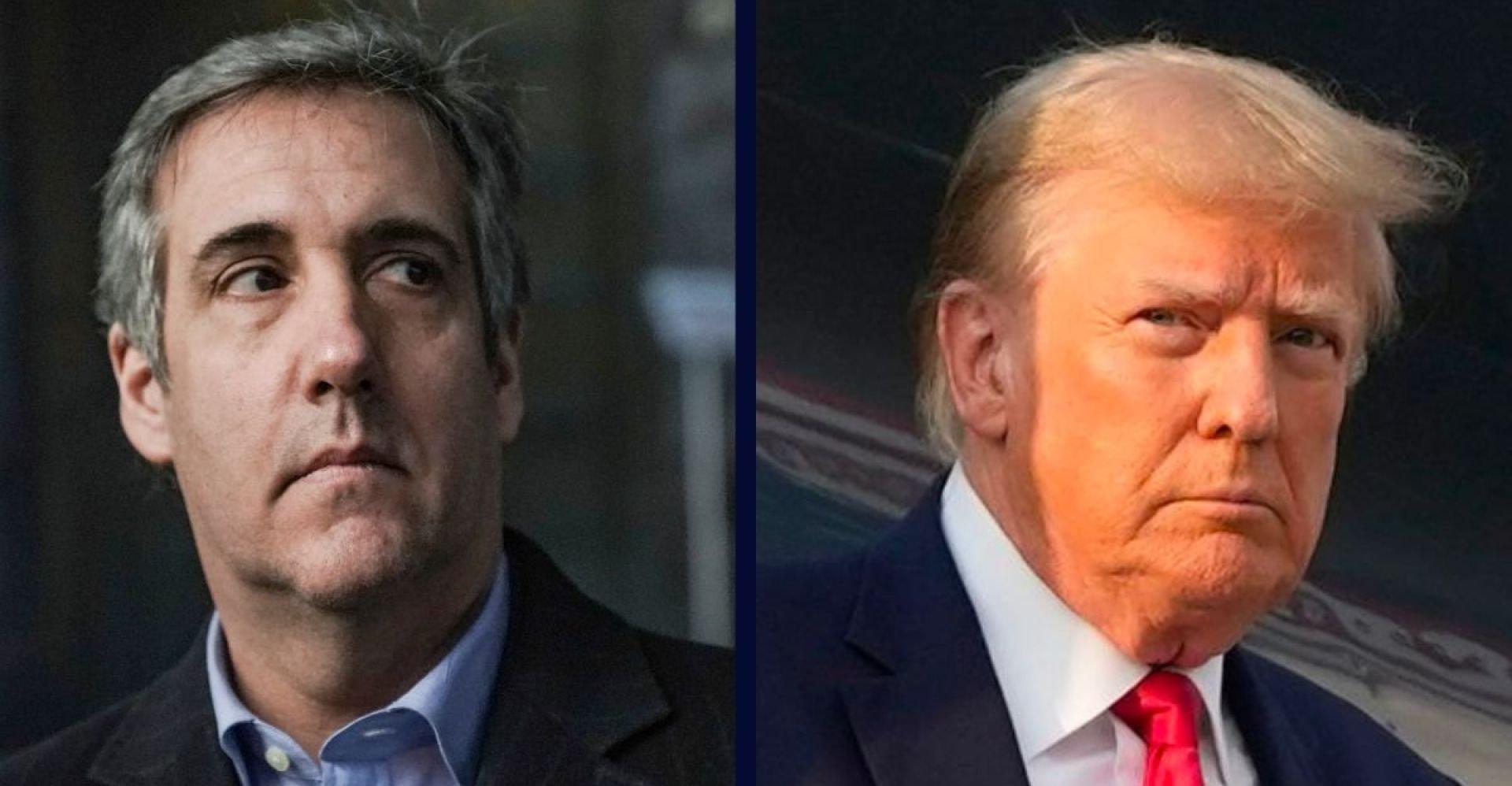
A judge eventually allowed Cohen’s return to home confinement. This decision overruled the initial return to prison.
The judge cited First Amendment concerns in the ruling. First Amendment cases make up about 2% of the Supreme Court’s docket.
Lawsuit Against Trump Dismissed
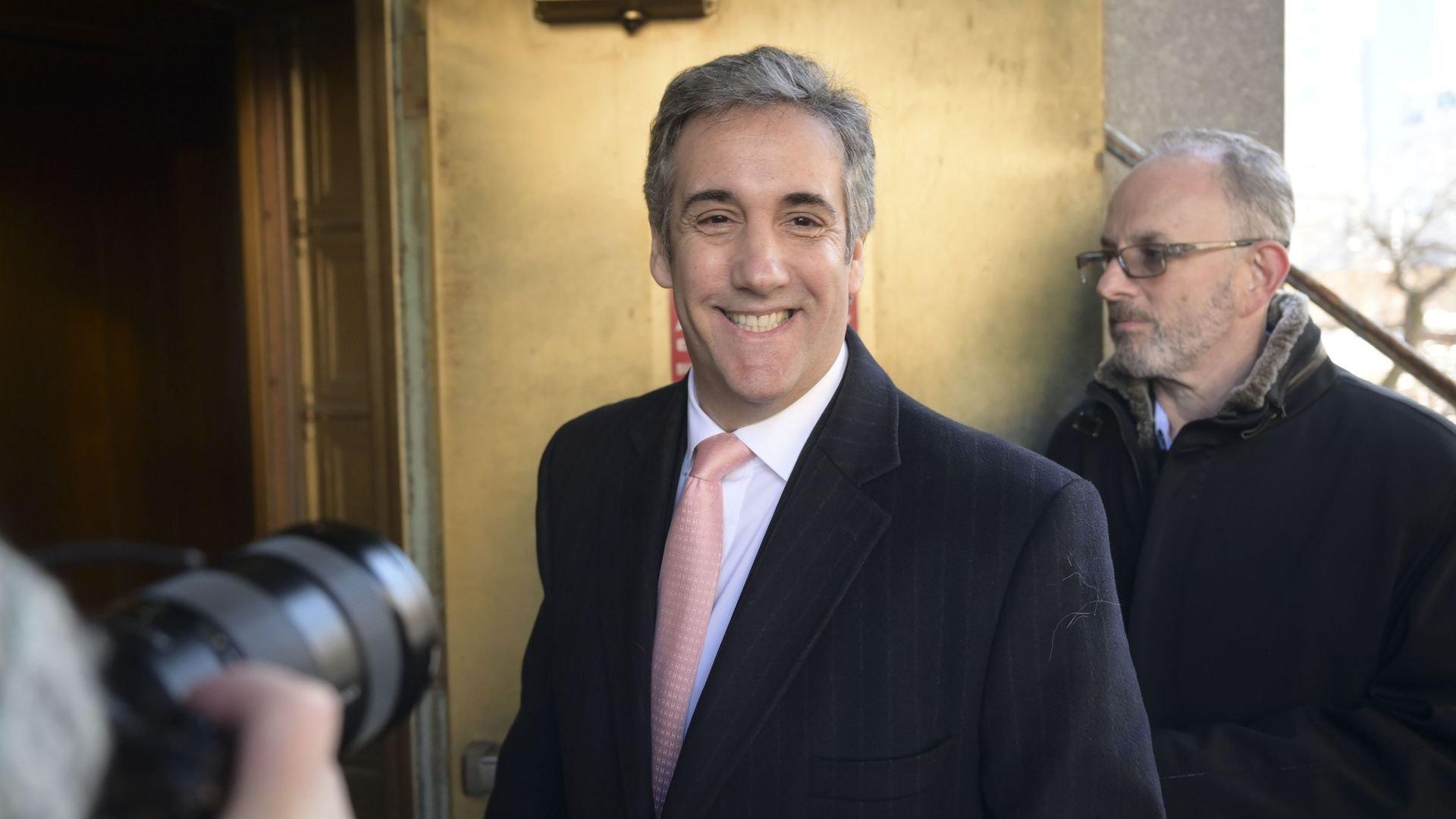
Cohen’s lawsuit against Trump was initially dismissed. A panel of appellate judges declined to revive it.
This decision prompted Cohen’s Supreme Court petition. Lower courts dismiss about 90% of cases against sitting or former presidents.
Free Speech Issues Highlighted
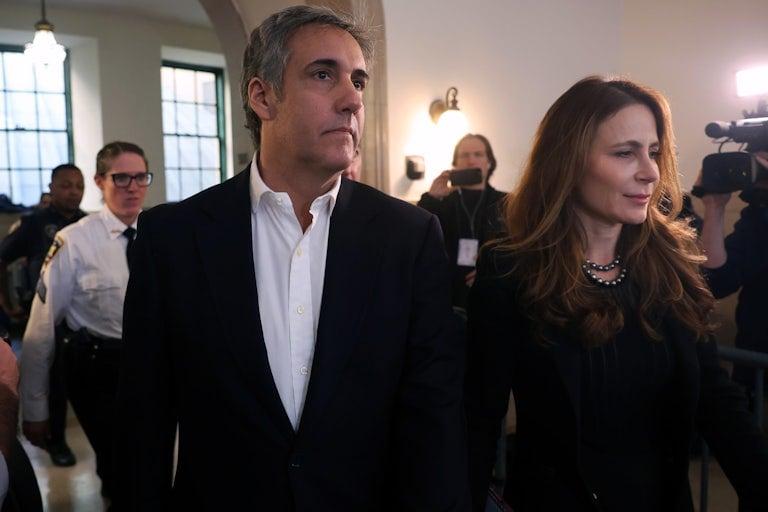
Cohen argues the case involves crucial free speech principles. He claims presidents shouldn’t imprison critics without consequences.
This argument touches on core First Amendment protections. The Supreme Court has ruled on over 500 First Amendment cases since 1919.
Presidential Power Under Scrutiny
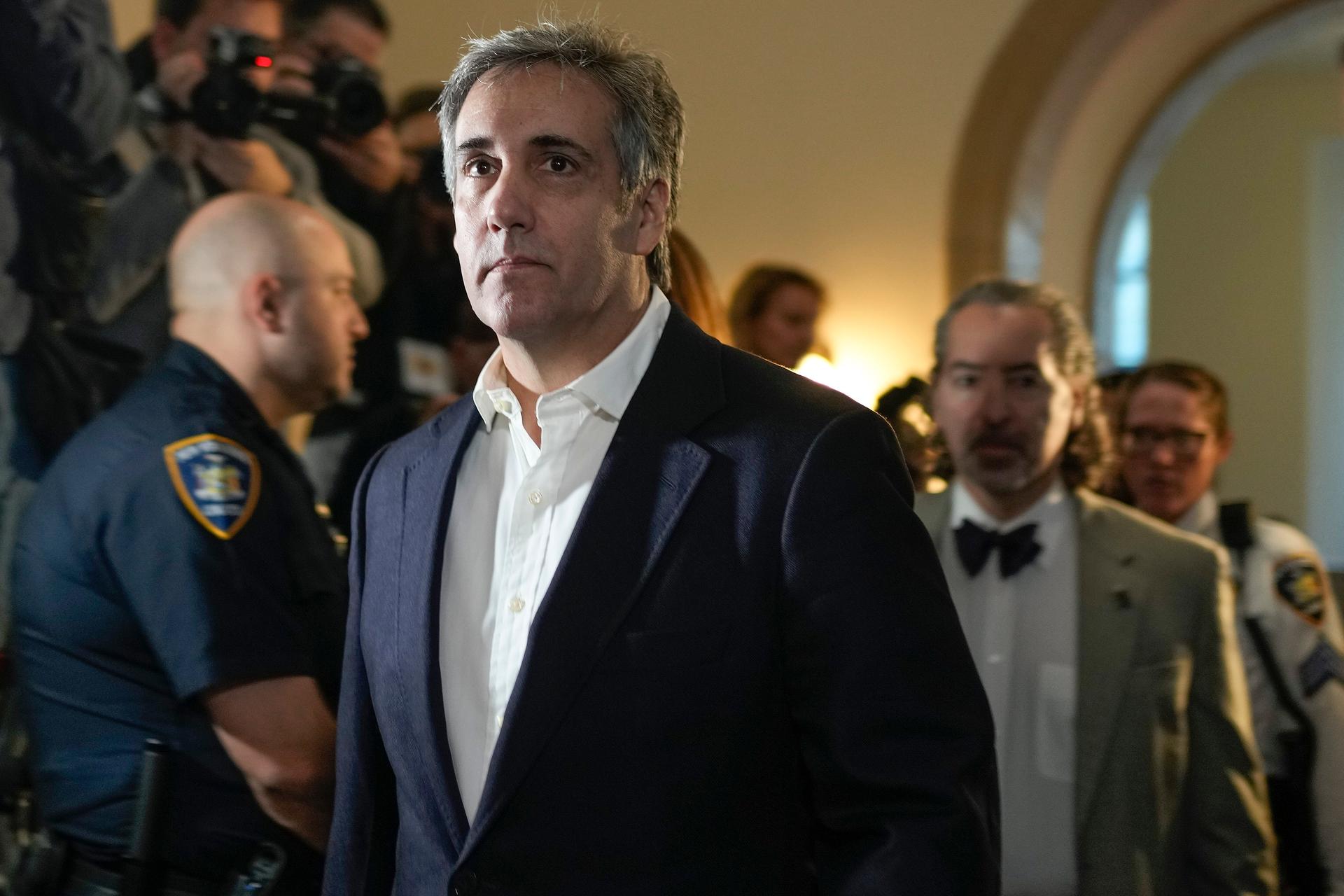
The petition questions the extent of presidential authority. It challenges the ability to punish critics through imprisonment.
This case could impact future interpretations of executive power. The Supreme Court has limited presidential power in 59% of cases since 1960.
Founders’ Intent Invoked
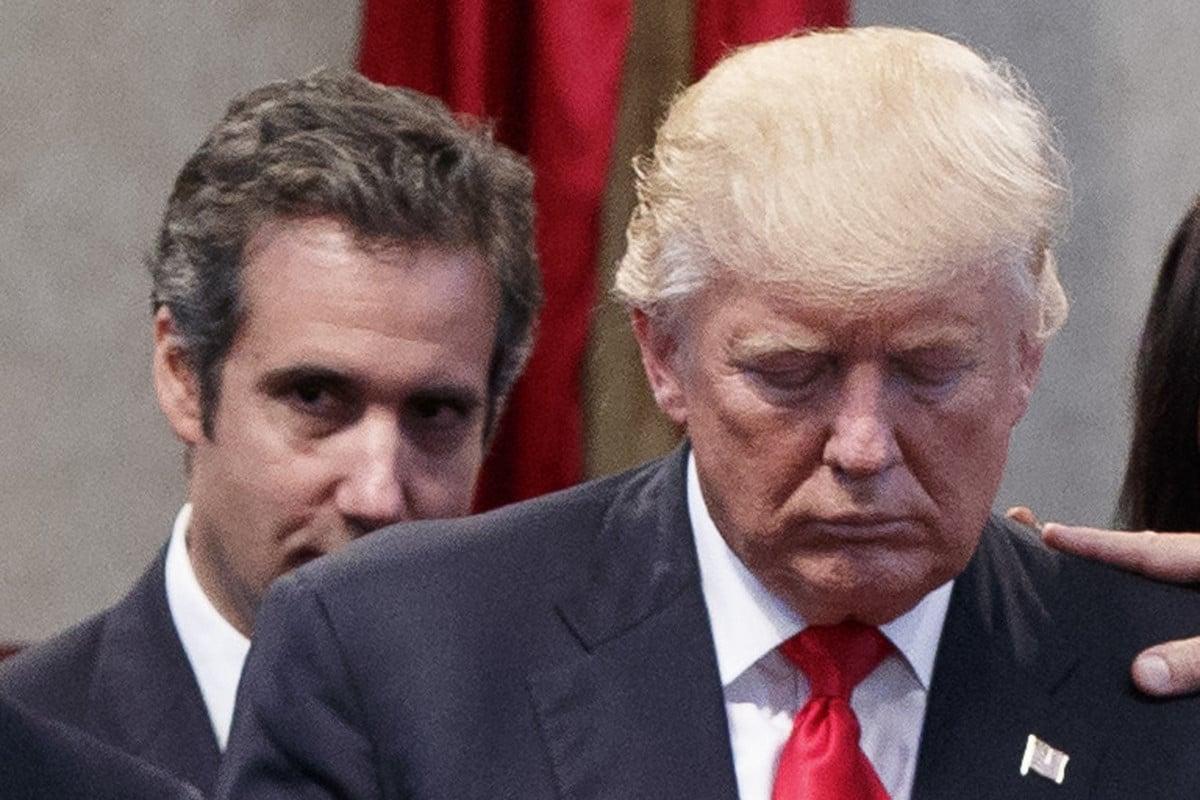
Cohen references the Founders’ vision for America. He contrasts this with monarchical rule they rejected.
This argument ties the case to constitutional originalism. About 22% of Supreme Court justices have identified as originalists.
Potential Precedent-Setting Case
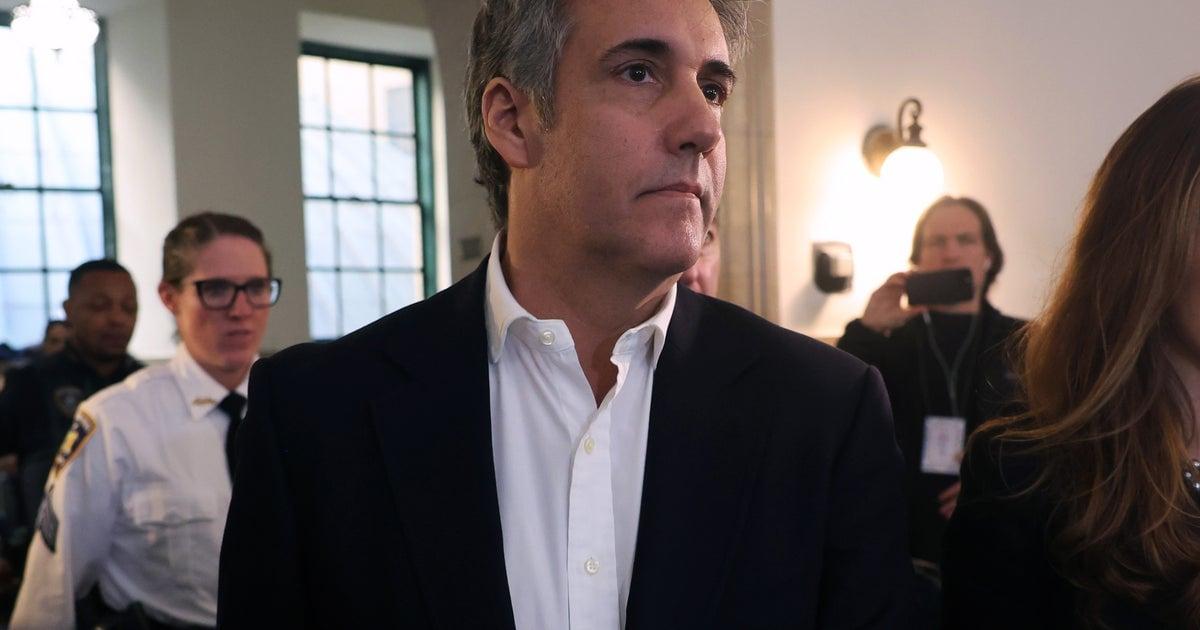
If heard, this case could set important legal precedents. It might clarify limits on presidential retaliation against critics.
The decision could impact future cases involving executive power. The Supreme Court establishes about 70-80 new precedents annually.


